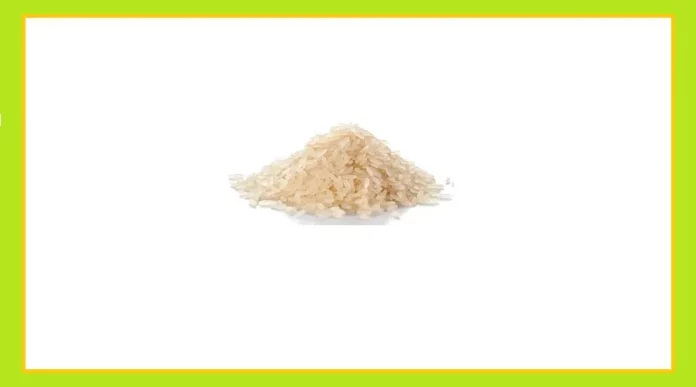In a sudden move, India has introduced a 20% duty on parboiled rice exports, effective immediately. This decision has the potential to impact worldwide rice prices.
It’s important to note that rice prices in various countries have already surged to their highest levels in over a decade.
With India accounting for more than 40% of global rice exports, coupled with limited stocks from other exporting nations, any reduction in shipments could further elevate food prices, which have already been strained by Russia’s Ukraine invasion and unpredictable weather conditions.
This action has been taken by the government to ease the situation for the people within India.
Earlier, India caused a stir by prohibiting the export of widely consumed non-basmati white rice last month, following a similar ban on broken rice exports the previous year.
This unexpected move led some buyers to increase their purchases of parboiled rice, subsequently driving its prices to unprecedented heights.
Parboiled rice from India is anticipated to become as costly as supplies from Thailand and Pakistan due to this newly imposed duty.
With minimal alternatives available for buyers, this development has left them with limited choices.
India managed to export 7.4 million tonnes of parboiled rice in 2022.
In July, the UN food agency’s rice price index hit its highest mark in almost 12 years, boosted by strong demand in major rice-exporting countries after India’s export restrictions were put in place.
This recent action from India involves a ban on all forms of non-basmati rice, which is usually favored by economically disadvantaged consumers across Africa and Asia, according to a dealer from a global trading house based in New Delhi.
Despite a recent easing in global rice prices following a more than 25% surge last month due to India’s trade limitations, it’s expected that prices will resume their upward trajectory.
The ban on food exports, encompassing rice, wheat, and sugar, underscores the Indian government’s concern about food inflation, particularly in light of the upcoming general elections scheduled for next year.
The prohibition on wheat exports, which was initially set to last until September 2022, has been extended following restrictions on rice shipments.
Additionally, sugar exports have been banned this year due to a decline in sugarcane production.
